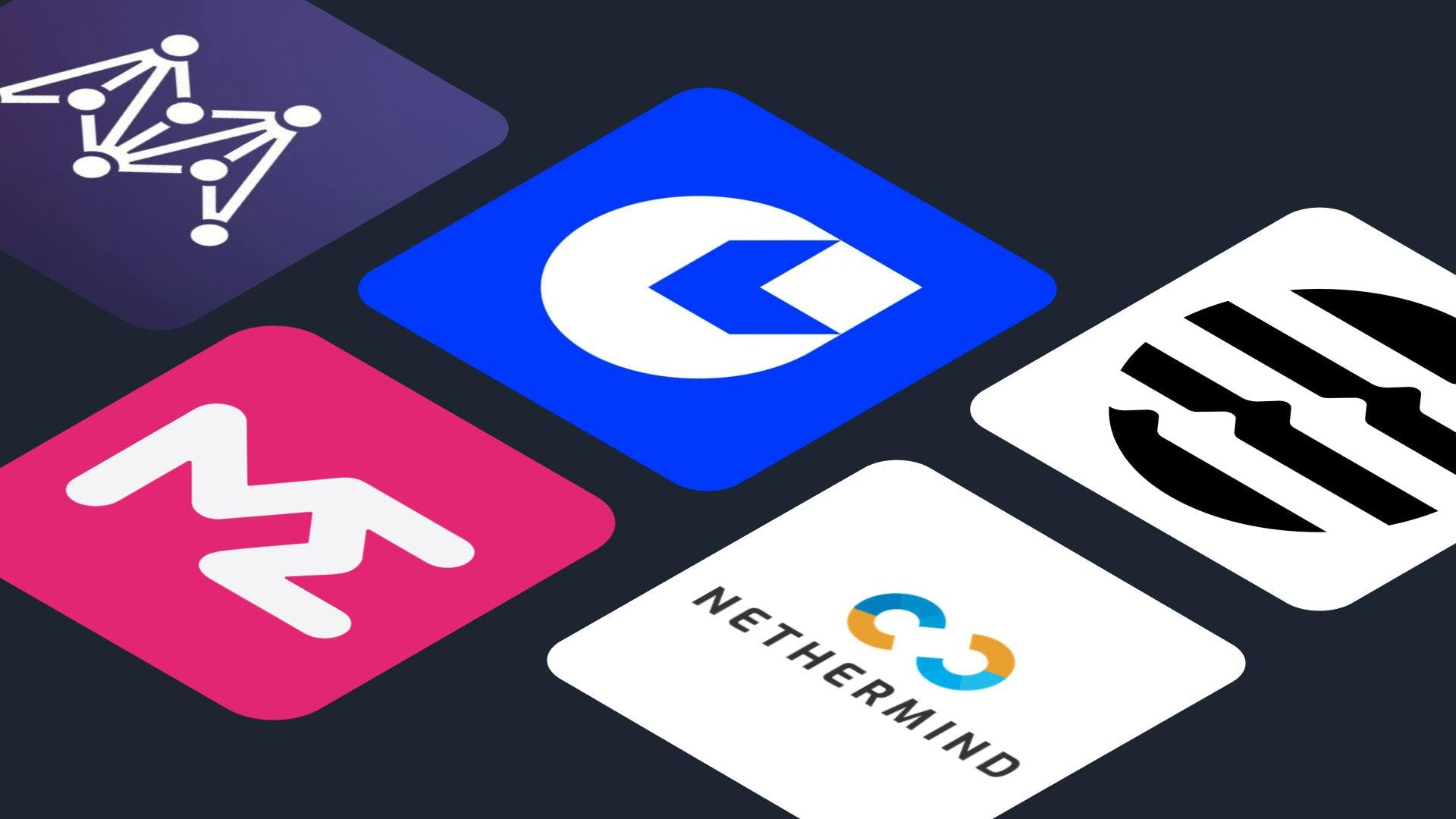As artificial intelligence continues to advance, Wall Street is poised at the brink of a transformative shift in its future workforce hires. Recent insights from industry insiders suggest a dramatic reduction in the hiring of junior analysts, with potential cuts as deep as two-thirds of incoming classes of 2024 and beyond. This pivot towards AI underscores a broader trend of technological integration that is not just reshaping job roles but also redefining the operational strategies of major financial institutions.
AI's Rising Influence in Finance
The integration of AI in financial operations has been on the rise, with top banks like Goldman Sachs, Morgan Stanley, and Deutsche Bank exploring sophisticated AI tools to streamline operations and enhance analytical capacities. These technologies, often personified with nicknames like "Socrates," represent a significant leap towards automating routine tasks that were traditionally handled by junior analysts. The shift suggests a future where AI does not just assist but potentially replaces many of the functions associated with human analysts.
AI's role in finance extends beyond mere data crunching. It offers the potential to execute complex analytical tasks with greater speed and accuracy than human counterparts, which could lead to more strategic decision-making and innovation.
Implications for Employment and Industry Practices
The prospective reduction in analyst hiring indicates a significant shift in employment strategies within the financial sector. This move could lead to not only fewer opportunities for incoming finance professionals but also altered career trajectories for those within the industry. Furthermore, the adoption of AI could lead to a restructuring of compensation models, as roles that require human oversight become more valued over those susceptible to automation.
Financial leaders, including [JPMorgan's Jamie Dimon](https://www.businessinsider.com/jamie-dimon-annual-letter-shareholders-jpmorgan-ceo-banking-politics-ai-2024-4#:~:text=The polarization of politics was,insulting whole classes of voters.") and BlackRock's Larry Fink, have acknowledged the potential of AI to transform industry practices. They predict that AI will enhance productivity and allow employees to engage in more complex and creative tasks. This transition, however, is not without its challenges. It necessitates a recalibration of skills and learning within the workforce, urging current and future finance professionals to adapt to a rapidly evolving technological landscape.
Looking Ahead, with AI
As Wall Street firms cautiously navigate, the implications for the global workforce are to be determined. Estimates by McKinsey and Goldman Sachs suggest that millions of jobs could be affected by AI, with significant portions of work hours being automated in the coming decade. The transformation in the banking sector, as projected by Accenture, could see AI replacing or augmenting nearly 75% of all working hours.
For those embarking on careers in finance, the message is clear: adaptability and continuous learning are paramount in an era where AI is not just an aid but a fundamental component of the industry's future.


